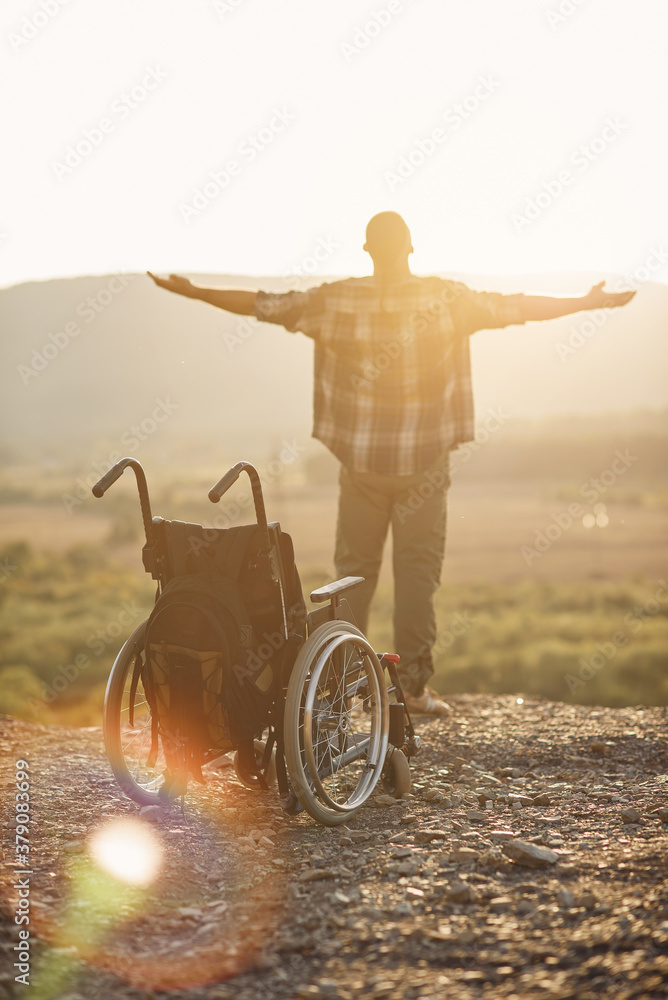
In November 2017, I had a stroke. It occurred deep in my brain and totally paralyzed my left side. I spent a week in intensive care, then six weeks in a convalescent hospital, followed by many months in a wheelchair going to physical, occupational, and speech therapy. When I got fed up using a walker I started using a cane but got rid of that, fell a few times, then built up to walking 3-4 miles a day.
I refused to accept prolonged disability as an option. I know not everybody has that option and we didn’t know, at the time, whether I, in fact, did.
I was mediating with myself, the way others play chess, or backgammon solo. I was mediating a way through the challenge of, if not re-constructing myself, then at least a process of de-constructing, then constructing a different, better version of myself. I was involved in an internal conflict with my own body with one side screaming at me to accept my fate while the other pushed the way I always have although this was a clash between two wills: the will to accept I would never walk or talk normally again, or the will to survive and thrive.
I was not a mediator yet. I was a continuation high school English teacher and adjunct professor, so I felt an obligation to my students, if not to myself, to get better. I also felt an obligation to my family, who were going through the trauma of helping me, as well as dealing with their own lives.
In mediation, we ask people what they want to get out of the mediation. Me? What did I want? I wanted to go back to work, walk, drive, and talk. I learned how to walk in therapy, on rubber matts that mimicked gravel and grass, by using parallel bars and fake stairs, or in fake kitchens where I had to reach up to grab cups and saucers. I started driving using a handle bought on Amazon that I fastened to the steering wheel so that I could practice in the empty Sears parking lot with my nurse (paid for by my long-term health insurance) in the passenger seat. Talking took longer to recover because my therapist was of a particular political persuasion that I found loathsome, so I stopped seeing her and fended for myself.
All the time, I was pushing, pleading, stepping back, searching myself, then I would push somemore until the beginning of August when I finally went back to work, not completely healed but well enough. I had persuaded my body to meet me more than halfway. A successful mediation!
Now I understand that people bring a variety of struggles with them to mediation, many of them not always obvious. I do too. Their struggles inform their goals and tactics and me, as their mediator, I feel I must show compassion even when they are provocative or difficult. After all, that’s what I was, pushing the envelope, trying to get more than was perhaps expected of me but in the end, the greatest thing I learned was to accept help. Without that acceptance, the army of skilled nurses, therapists, and doctors could not have performed the miracle that was my recovery.
In mediation, accepting the unique assistance that mediation provides, is often the hardest thing of all.
